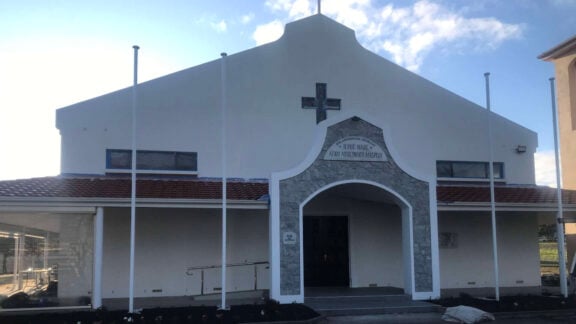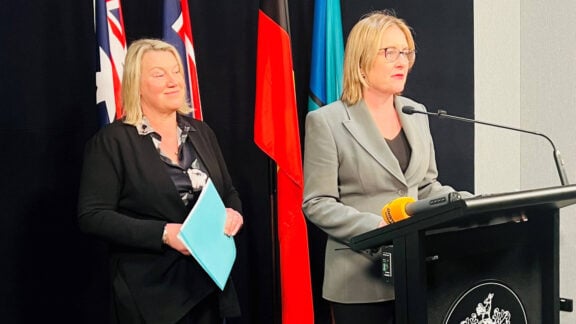Prime Minister Alexis Tsipras vowed this week not to implement reform measures beyond those already agreed with Greece’s creditors.
Speaking on Greek radio, the beleaguered PM warned hardline SYRIZA rebels that he would be forced to call early elections without a parliamentary majority, and proposed an emergency party congress could be held in early September.
Tsipras faced a SYRIZA central committee session on Thursday, with many hardliners angry at acceptance of bailout terms more onerous than those voters rejected in the July 5 referendum.
Under pressure from the lenders to go beyond the two packages of ‘prior actions’ already passed by the Greek parliament, Tsipras is faced with having to raise the retirement age and cut back on tax incentives for farmers.
“I know well the framework of the deal we signed at the eurozone summit on July 12,” Tsipras told Sto Kokkino radio. “We will implement these commitments, irrespective of whether we agree with it or not. Nothing beyond that.”
In a setback for his efforts to restore more economic stability, the Athens stock exchange is likely to stay closed for at least a week as Greek banks adapt their IT systems to enforce limits on trading.
The ECB has given the go-ahead to reopen the exchange without restrictions for foreign investors, but with limitations for local investors to avoid further capital outflows.
Meanwhile, the challenge of piecing together a third bailout deal became harder this week, with doubts emerging whether the International Monetary Fund will participate.
At a two-hour meeting on Wednesday, the IMF’s board was told that Greece’s high debt levels and poor record of implementing reforms disqualify the country from receiving a third IMF bailout, according to a report in the Financial Times.
As a result, while the IMF will participate in discussions over the bailout, the fund will not reach a final decision on whether to take part until Greece agrees to new reforms and eurozone countries agree to debt relief.
This raises doubts over whether Athens and the lenders will be able to reach agreement by the proposed 20 August deadline – the date on which Greece is due to repay €3.5 billion to the European Central Bank.
Sources: Reuters, Australian Financial Review









